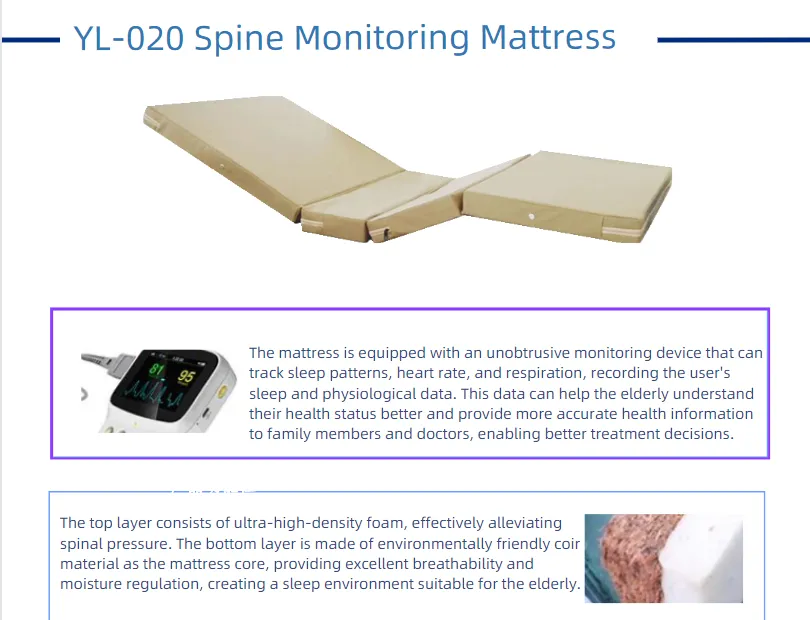custom pressure injury care
Custom Pressure Injury Care A Personalized Approach to Healing
Pressure injuries, also known as pressure ulcers or bedsores, are localized damage to the skin and underlying tissue resulting from prolonged pressure. These injuries are particularly common among individuals with limited mobility, such as those in long-term care facilities or hospitalized patients. The prevention and management of pressure injuries have become a growing concern in healthcare, prompting a shift towards more personalized, or custom, pressure injury care.
Custom pressure injury care involves tailoring interventions to meet the unique needs of each patient. This individualized approach recognizes that pressure injuries are not one-size-fits-all; different patients may exhibit varying risk factors, skin types, and healing capabilities. A comprehensive assessment is essential to identify these factors. Care providers should evaluate the patient’s overall health, mobility level, nutritional status, and existing skin conditions, thus forming a basis for a customized care plan.
One crucial component of custom pressure injury care is the development of an appropriate repositioning schedule. Regular repositioning is essential to relieve pressure on vulnerable areas and promote blood circulation. A personalized schedule should consider the patient's specific mobility limitations and overall comfort. For some patients, repositioning every two hours may suffice, while others may require a more frequent schedule. Technology can aid in this process, with tools like pressure mapping devices that help identify high-risk areas on the body.
custom pressure injury care

Another vital aspect of custom care is optimizing skin hygiene and moisture management. Different patients may require unique products depending on their skin sensitivity and condition. For instance, those with dry skin may benefit from emollients, while others with incontinence need barrier creams to protect the skin. Regular skin assessments can guide adjustments to care routines and product applications, promoting an environment conducive to healing.
Furthermore, nutrition plays a pivotal role in wound healing. A tailored dietary plan that ensures adequate protein, vitamins, and minerals can significantly impact recovery from pressure injuries. Working with a dietitian to create a nutrition plan based on the patient’s individual needs can enhance the overall efficacy of pressure injury care.
In conclusion, custom pressure injury care is a holistic approach that emphasizes the importance of personalization in prevention and treatment. By considering each patient's unique circumstances—ranging from mobility and skin condition to nutritional needs—healthcare providers can implement more effective strategies that not only address pressure injuries but also enhance patients' overall quality of life. This patient-centered strategy ultimately leads to improved outcomes and a reduction in the incidence of pressure injuries in vulnerable populations.
-
The Effect of Coconut Foam Mattress Breathability and Humidity Regulation on Improving Sleep QualityNewsJul.03,2025
-
How Wave Mattress Systems Improve Blood Circulation During ImmobilityNewsJul.03,2025
-
The Climate-Adaptive Sleep Revolution: Exploring the Benefits of Cooling Gel Memory Foam MattressesNewsJul.03,2025
-
Exploration of the Role of Coconut Foam Mattress in Preventing Bedsores in the ElderlyNewsJul.03,2025
-
Comparing Wave Mattress and Air Mattress: Which Is Better for Medical Use?NewsJul.03,2025
-
Analysis of Comfort and Environmental Performance of Natural Latex and Coconut Foam MattressNewsJul.03,2025
-
Multi-Layer Construction for Enhanced Performance in Gel Mattress PadNewsJun.24,2025

